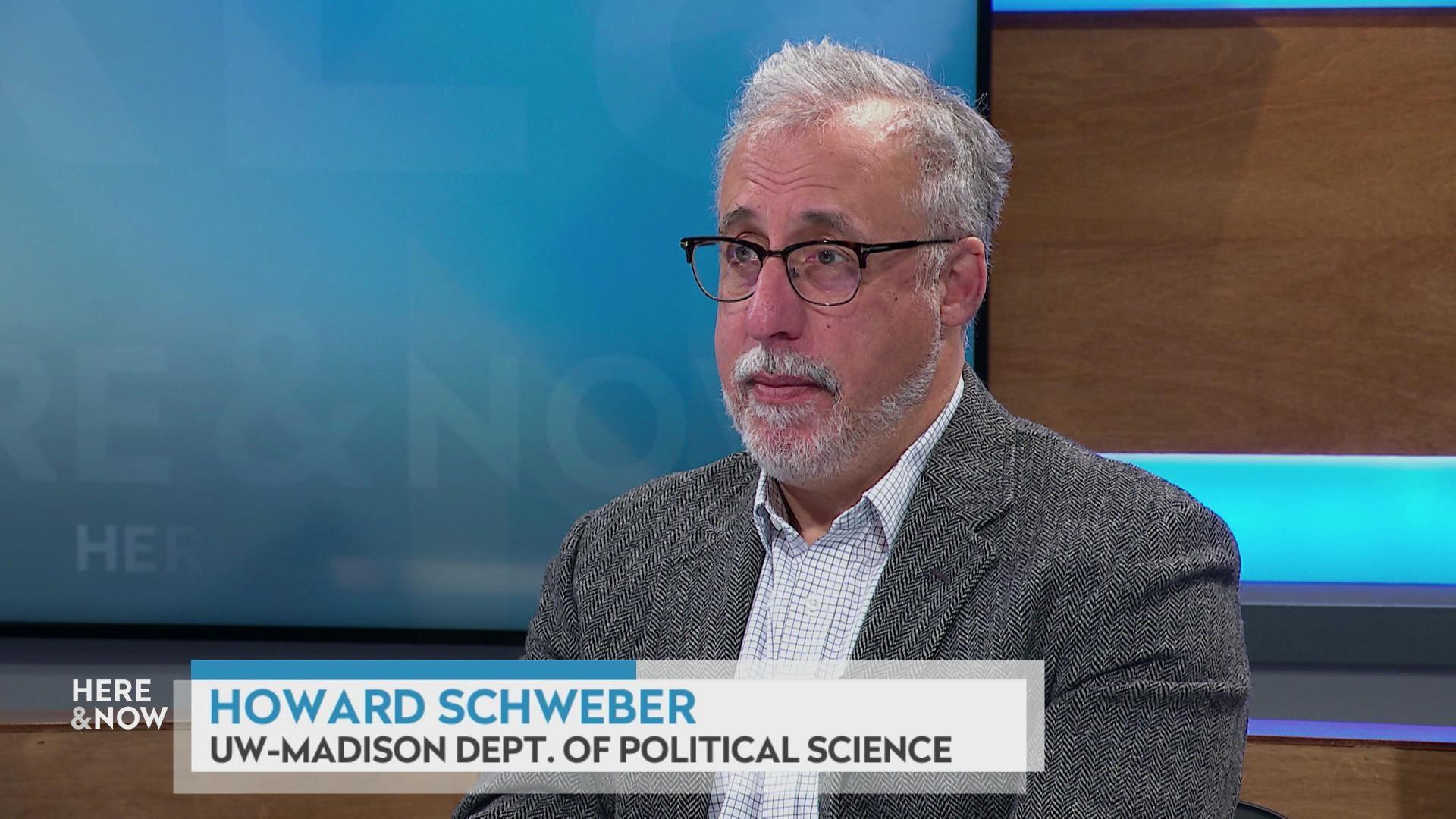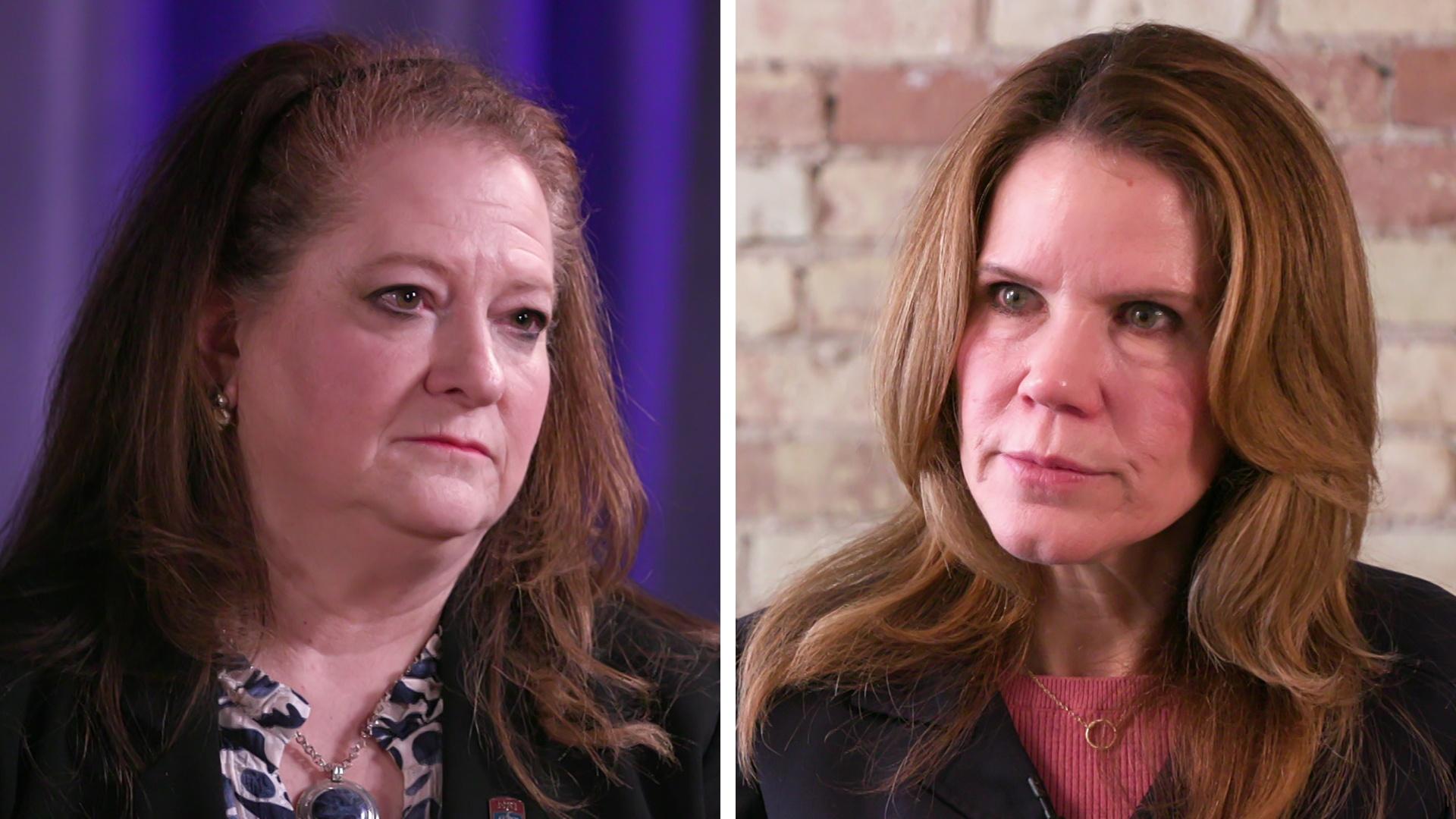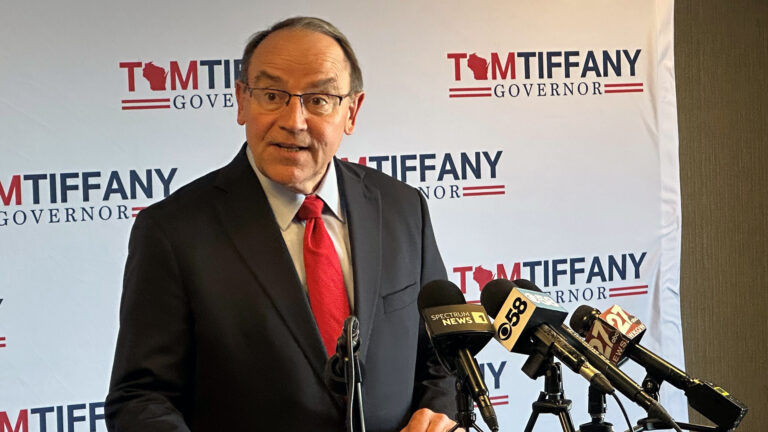Michael Wagner on how AI can be used and misused in politics
UW-Madison journalism professor Michael Wagner explains how generative artificial intelligence tools by political campaigns raise questions of honesty and transparency that are difficult to answer.
By Zac Schultz | Here & Now
September 30, 2024
VIDEO TRANSCRIPT
Michael Wagner:
It's another tool, right? AI can tell us things that are verifiably true and AI can make things up. It's not AI that's doing that — it's how the user intends to share that information. And so it's another tool. It can be used, it can be used appropriately, it can be misused. Some people will use it well, some people will misuse it. It's really hard, I think, to think about how should we approach content that's produced by artificial intelligence, right? Artificial intelligence could look at the box score of a baseball game and write up a story about how, you know, this player went two for four and had a home run, and this one had the game-winning RBI, and the pitcher went this many innings, and could write a story that's probably fairly serviceable. But if AI starts describing the crowd reaction, now AI is making that up. And so what's the line that we want to draw? And the same kind of question is going to come toward us when it comes to political campaigns. Where are we going to draw the line about claims that are artificially generated? And how are we going to police who's making those claims? Are they disclosing where the claims come from? Candidates have to cite sources when they make claims about things their opponents have said in ads presently. And now in Wisconsin, they have to say if it came from AI. Whether that means it's false or true, though, is still another question.
Zac Schultz:
And what about third-party interest groups who don't care if they get fined a thousand dollars?
Michael Wagner:
These are the places where I think we might have to pay a little more attention, like they don't mind paying a fine and they don't think that the negative attention will rise to the level of the good that they get for their side by fomenting chaos and sharing things that aren't true. And so in a world where there's not very much regulation on what third-party advocates can do, the law in Wisconsin is trying to at least say, "You've got to tell us if it's coming from AI." But that's not the same thing as saying "Is the information true?" That's a separate question.
 Passport
Passport











Follow Us